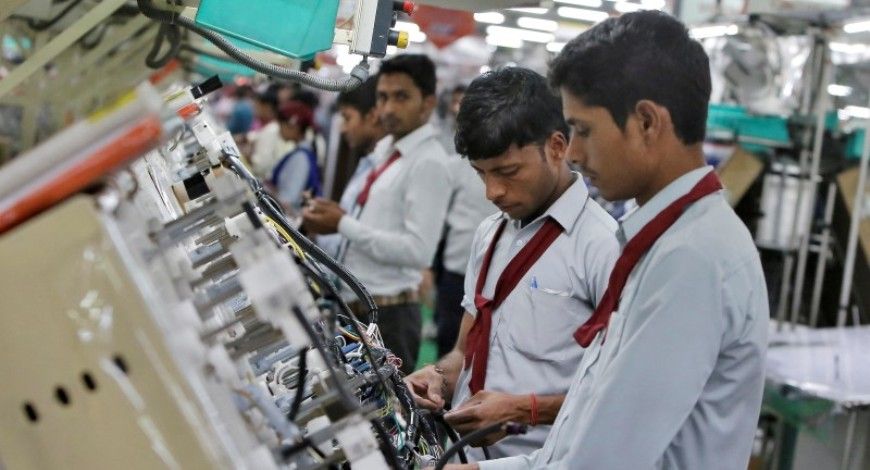India poised to become World's fourth largest Economy as Germany falters

29 May 2023
By Dr. Adi Schlebusch
The world seems to be moving away from unipolar globalism towards a new multipolar order at an increasingly rapid pace.
The latest GDP figures from Germany indicate that Europe's largest economy has once again entered a recession. In fact, for the past 20 years the German economy has exhibited almost no real growth whatsoever. In contrast, India's economy continues to defy expectations and grow at around 7% annually, driven largely by booming agriculture and manufacturing sectors.
India recently made headlines when it became the first former European colony to overtake its former colonial master in terms of GDP. With the German economy continuing to struggle as it has been for a very long time now, the signs are there that India could also overtake it in terms of GDP as early as next year. This would make India the fourth largest economy in the world behind the United States, China, and Japan and would mark the first time ever that three of the four largest economies are Asian.
While the decline of European influence on the global economy is lamentable, it is certainly no surprize. Germany in particular already suffers from a major demographic crisis—one which is only expected to worsen in the decades to come. In the midst of such a dire outlook, we can only pray that nations like the Germans awaken from their slumber to once again "keep the commandments of the Lord and walk in His ways" so that they can once again enjoy national-covenantal blessings (Deuteronomy 28:9-12).
India, on the other hand, has no such demographic problems. A few weeks ago, it actually became the world's most populous country, overtaking China. It boasts a healthy fertility rate which is just above replacement level and which ensures steady natural population growth. India's Christian population also continues to grow at a rapid pace.
The rise of India as a new economic superpower alongside China and the United States is a clear sign of the inevitable rise of multipolarity in global politics, which has a number of benefits, especially in terms of the quest for increased peace around the globe, but also in terms of providing nations more leeway to align themselves geopolitically in terms of their own national interests, and shifting international trade away from fiat reserve currencies.